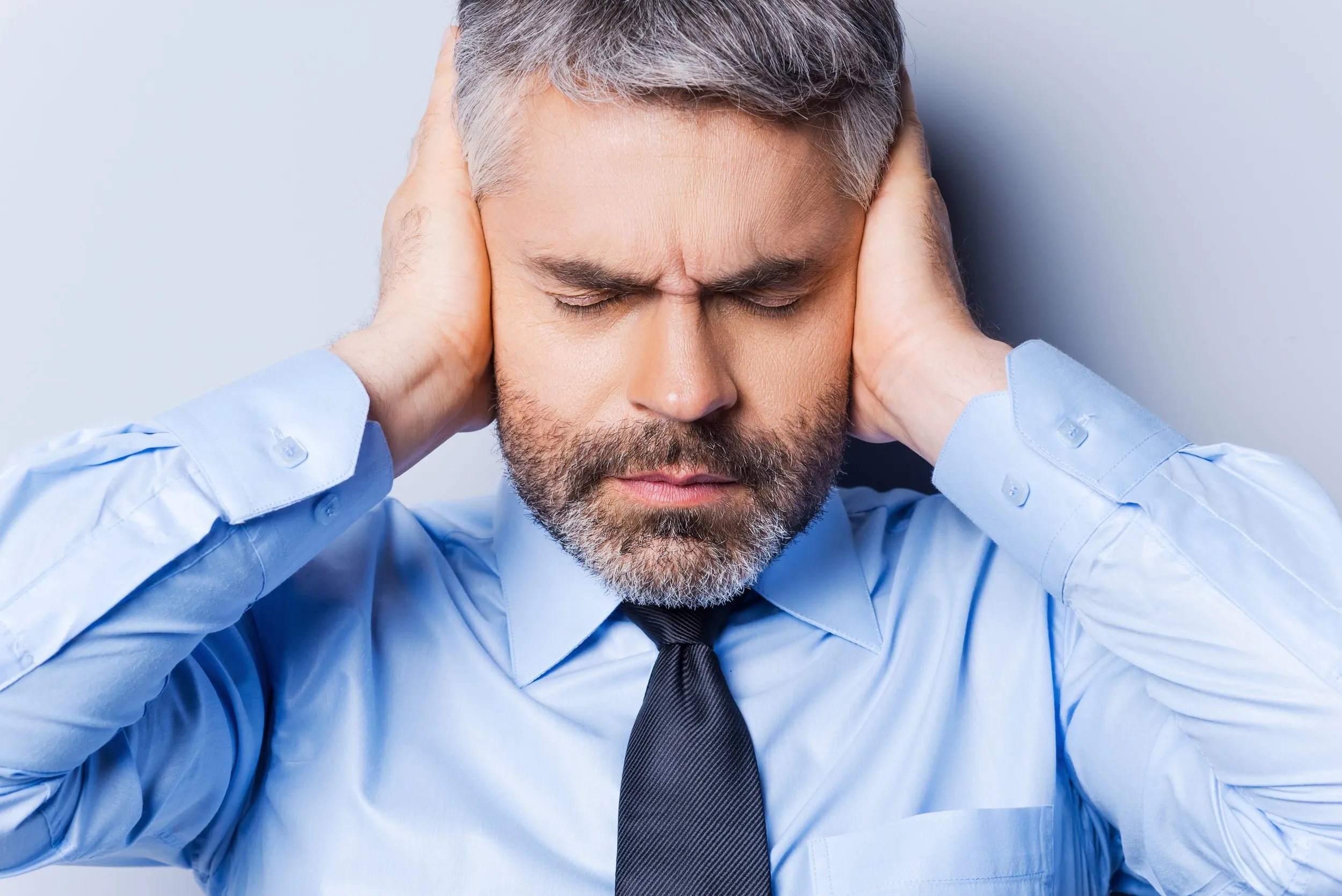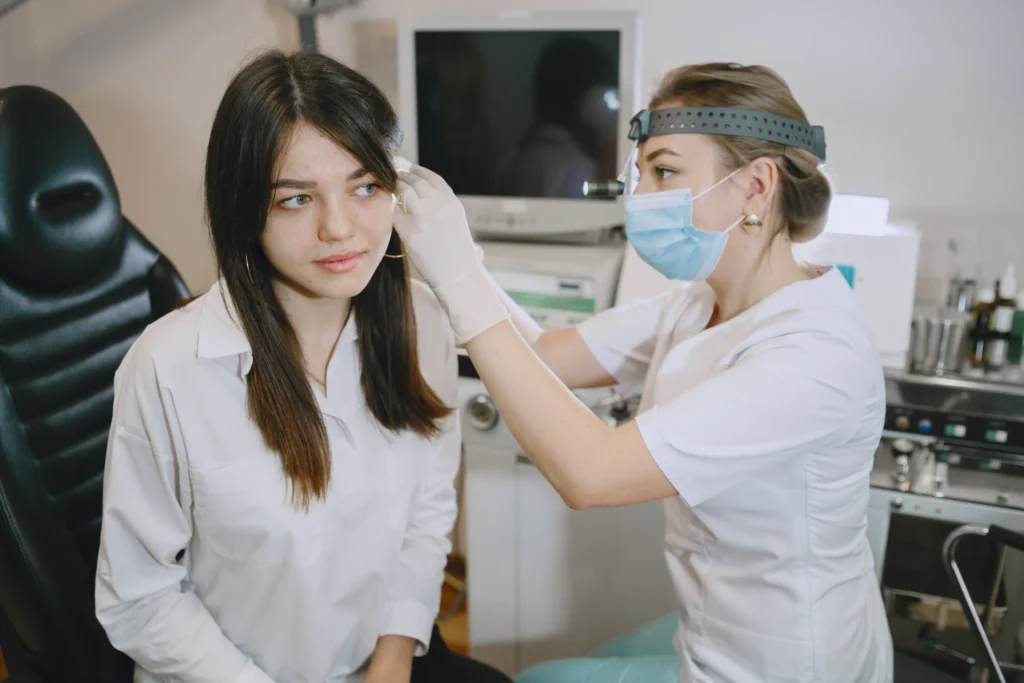Anyone that has encountered signs of tinnitus will know that the condition can be very irritating. Severe cases can even feel debilitating, forcing you to stay in bed due to problems with your balance and hearing. But while the short-term issues are hard to ignore, many patients worry about the impact that tinnitus will have on their long-term hearing.
After all, the ears are a very delicate part of the body, and you cannot afford to take risks. Here’s all you need to know.
A brief background into tinnitus
Tinnitus is a term that describes a condition in which we detect a sound that comes from within the body. So, while people around you won’t hear anything, you’ll be subjected to a range of sounds including buzzing, whistling and whirling.
The non-auditory sound can occur in one ear or both at the same time while it may be intermittent or continuous. Tinnitus is actually a symptom of an underlying problem, which can include ear infections and side effects of medication among many others.
Tinnitus impacts the lives of 50 million Americans. While the condition is most commonly endured by older patients, millions of children and young adults suffer with it too. The sounds are most frequently hear at nighttime or when there is little to no external sounds in the surrounding area.
Adirondack Audiology deals with many patients suffering from tinnitus. In fact, it is the second most common reason that patients book an appointment.
What causes tinnitus?
While tinnitus can be linked to many different underlying causes, including short-term exposure to loud sounds, most cases are linked to damage in the inner ear or cochlea. Only a qualified audiologist can get to the bottom of the problem, which is why you should always let them take care of the situation. The audiologist will typically conduct a few different evaluations, including a physical examination of the ear and hearing tests.
Before visiting, you should make a note of the noises, how long they last and whether you’ve experienced any pain. This information can lead to a more accurate diagnosis.
So, does tinnitus cause hearing loss?
Given that tinnitus is a symptom of an underlying condition, the issue itself doesn’t necessarily cause hearing loss. However, it is commonly caused by issues that also cause hearing loss. As such, the link between the two cannot be overlooked, and those with tinnitus often have some form of hearing loss, too.
When the hair cells of the inner ear are damaged by noise exposure and other sources, it will lead to traditional hearing loss. Likewise, damage to the cochlea will often cause permanent sensorineural hearing loss. This can range from mild hearing loss to profound hearing loss and is likely to worsen over time, especially when left untreated. This damage to the inner ear can also cause the annoying tinnitus symptoms you experience, whether they are intermittent or constant.
Treating tinnitus
Attempting to treat tinnitus without the help of an audiologist could worsen the severity of existing hearing loss. For example, temporary tinnitus can be caused by impacted earwax, and trying to remove this with a cotton swab could cause a deeper blockage or even rupture an eardrum. If tinnitus and hearing loss are found, the audiologist will recommend the best treatment, which often includes hearing aids, sound machines or tinnitus retraining therapy.
When you suffer from both issues, treatments for hearing loss will often have a significant impact on the severity and frequency of tinnitus. In many cases, the presence of tinnitus will fade almost completely, which will allow you to lead a normal life once more.
Tinnitus doesn’t cause hearing loss in itself, but the causes and fallout from not diagnosing and treating the issue certainly can. While a single instance may be caused by anything from exposure to firework sounds to side effects of medicine, anyone encountering regular issues should see an audiologist as soon as they notice symptoms.
Book your appointment today
Whether you’ve noticed tinnitus, hearing loss or any other issue related to your hearing health, Adirondack Audiology is here to help. All four of our centers are staffed with expert audiologists that will get to the root of your issue before determining the best form of treatment.
It can be tempting to ignore tinnitus, especially when the buzzing isn’t continuous. However, identifying and treating the problem today will serve you incredibly well for the future.
Call us today at +1 (802) 922-9545 to schedule a consultation!









